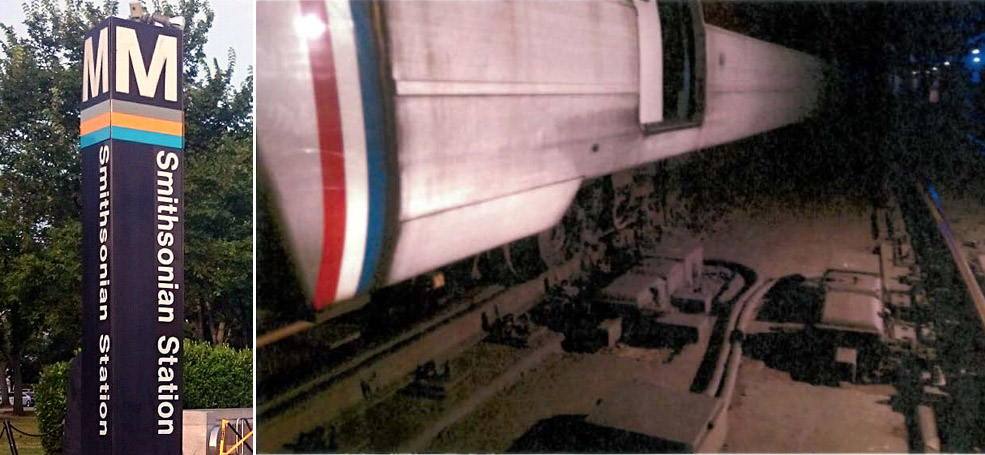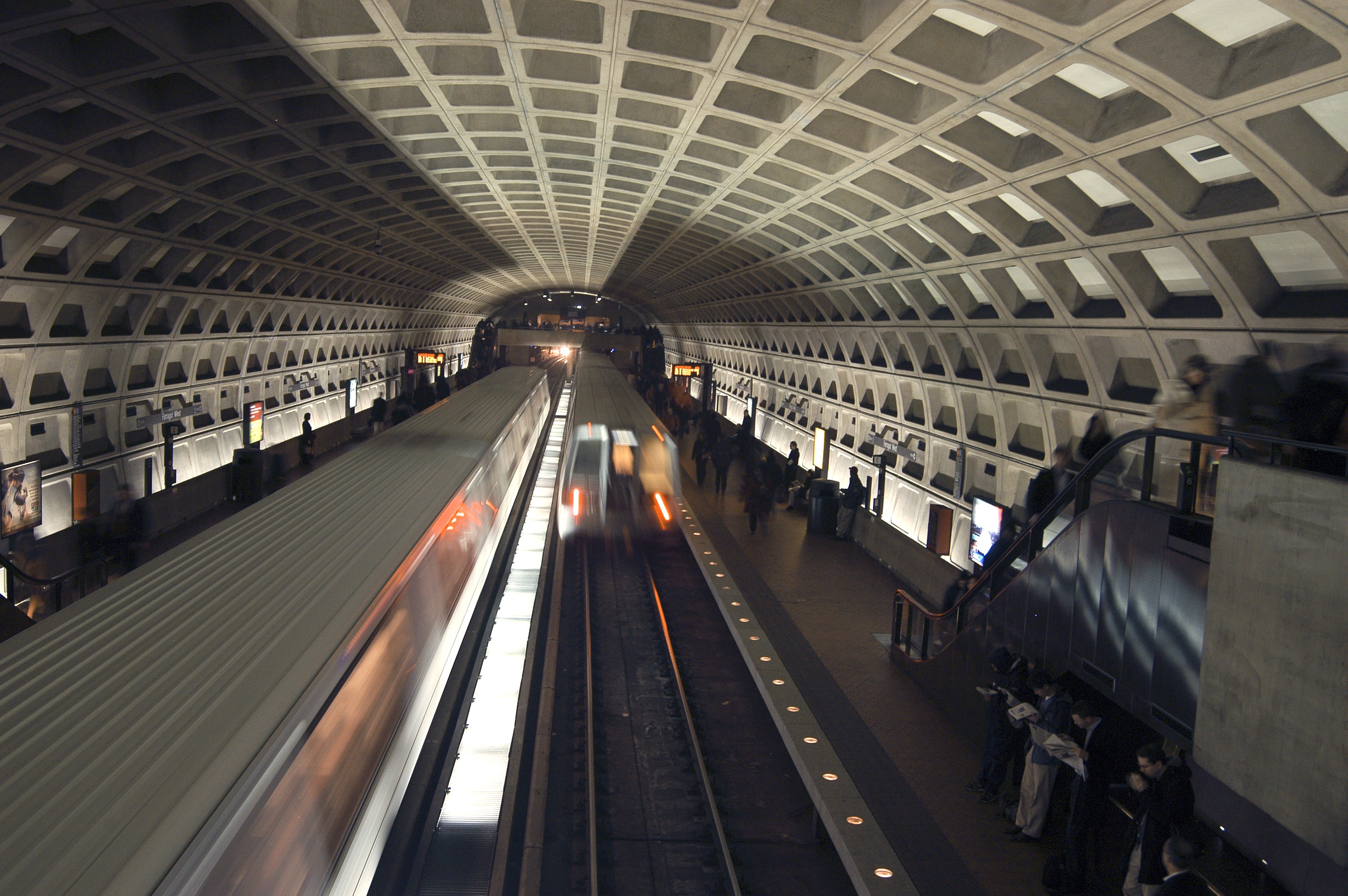WASHINGTON — After Metro uncovered major problems with power cables during Wednesday’s shutdown, the Federal Transit Administration is set to begin a new “inspection blitz” next week, targeting other areas where Metro may need to address significant safety issues.
“The FTA will conduct a safety inspection blitz starting next week on three other critical areas that we have identified as serious problems for Metro: red light running, use of emergency brakes and track integrity,” U.S. Transportation Secretary Anthony Foxx announced at a Senate hearing this week.
The three areas are several of those highlighted in FTA directives to Metro, with red signal violations a particular concern amid a recent rise.
Foxx says the increasing use of emergency brakes on trains and concerns about track problems will be investigated further after the issues came up during the last several months of FTA inspections.
The FTA has not specifically disclosed what has been found since the agency took over a lead oversight role from the system, but a serious track problem that should have kept trains from running through the area, and a failure to identify it, led to a disruptive derailment last summer.
Metro has recently stepped up some track work in critical areas, and an analysis is due in May on whether the agency would be better off shutting down stretches of track on a more regular or extended basis than continuing to work in single-tracking zones during off hours or overnight.
Foxx on Wednesday again slammed the state governments of Maryland and Virginia, and the D.C. government, for failing to set up a local independent oversight agency.
The latest promise from D.C., Maryland and Virginia is that the new Metro Safety Commission will be established next year.
Foxx has urged the mayor, governors and lawmakers to make it happen sooner.
“We have heartburn, once again, over the Washington Metro,” Maryland Sen. Barbara Mikulski said at Wednesday’s hearing. “For months and years now we have called for a culture of safety, but what we get is a culture of resistance to making changes for safety.”
Metro General Manager Paul Wiedefeld and Metro Board chairman and D.C. Councilmember Jack Evans say Wednesday’s shutdown was necessary, given the dangerous problems with power cables and connections that were uncovered and repaired.
“WMATA is going to have to run itself in a safe fashion; the culture down there has got to change, and we can’t enable the continuation of these safety failures any longer,” Foxx says.
Metro leaders have said for years that they were working to instill a culture of safety, but Foxx still says “we are digging ourselves out of a hole.”
Metro has spent billions of dollars since the deadly 2009 Red Line crash on projects that were supposed to improve or maintain the system. Millions more have gone unspent, as for years Metro has failed to spend its full budget for capital improvements such as upgrades for tracks and other safety recommendations.
Foxx says the FTA is analyzing whether it can require that any unspent federal grants to Metro be used for specific safety projects.
After the deadly smoke incident near L’Enfant Plaza last year, believed to have been caused by a cable problem similar to the one that sparked Monday morning’s fire, Metro said it inspected and repaired cables throughout the system after a National Transportation Safety Board recommendation in June. One hundred twenty-five were replaced.
But during Wednesday’s shutdown, three cables that had deteriorated to the point where trains should not have been running because of the danger were identified along the Blue, Orange and Silver line tracks downtown.
Problems were also found with a number of boots that connect with the cables, which investigators warned last year needed to be examined to be sure they were properly sealed to keep out water and debris.
Ahead of the shutdown, Wiedefeld said he could not be sure what inspections or maintenance had been done correctly before he took over in November, and what could simply have been tied to wear and tear in the most highly trafficked part of the system, potentially calling into question years of work.







